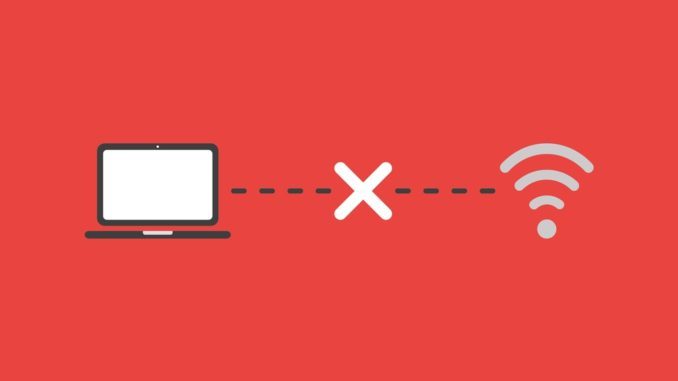
Legally obliging schools to provide remote learning does not help pupils who have no laptop, broadband or ‘phone credit, argues Laura McInerney
CREDIT: This is an edited version of an article that was originally appeared on The Guardian
Last month it became illegal for any school to let isolating children sit at home without work to do. It’s not clear who will police this – perhaps the mythical new Welsh border force, or the people tasked with raiding our living rooms to check we’re not visiting our elderly relatives? Now, as if headteachers were not stressed enough already, unless they start sending home packs of work they will be breaking the law.
Children do, of course, need to access learning while at home; owing to the government’s incompetence over track and trace, there still is no functioning system that can quickly get isolating students back into class. Currently, on any given day, about one-in-five schools has either a whole class or a whole year group at home; it will be a two-week wait before most of those pupils get back to school.
The government has issued rules for how remote learning should look. Daily assignments must be set. Frequent, clear explanations of new content should be provided via video or other ‘high-quality resource’ (do they mean books?) and, ideally, all pupils will receive daily teacher contact. It is not at all clear how this will happen when staff are also teaching a full day’s timetable, plus covering for absent colleagues.
Taking it on the chin
Despite the burden, most school leaders have taken it on the chin. They have prepared online materials, rotated staff to chatrooms, sent home a thousand passwords so parents can help pupils log in. But there is just one snag. What about the children who don’t have laptops? Or broadband? Or ‘phone credit?
The government promise to provide laptops fell miserably short and, as we get to winter, with joblessness rising, it’s touch-and-go whether some families will even have electricity and heating. Schools must now, somehow, ensure these children learn along with the rest.
Many parents are doing their best, too. Oak National Academy, the government-backed online resource, has a year’s worth of free lessons for pupils in every year group, and was used throughout the summer term by thousands of families. Oak’s data shows that pupils were accessing lessons through all kinds of devices – games consoles, really old tablets, and a lot of mobile ‘phones – but, for those on pay-as-you-go, the cost of streaming online lessons is huge, with TES magazine costing it at about £37 a day.
Gavin Williamson, the education secretary, announced back in April that ‘major telecommunications providers’ would – note the certainty – waive the data charges on selected educational websites; it came true for just one app, Hungry Little Minds, aimed at pre-schoolers.
Another disappointment.
The Department for Education is trialling a partnership with several local authorities and mobile ‘phone operators, including EE, O2, Three and Tesco Mobile, to increase data allowances for families in need. The programme is a pilot only, but if Williamson can make this one thing happen, it would at least be something.
Otherwise, schools will find themselves – in a pandemic and in ‘flu season, when self-isolation is likely to be at its peak and families’ financial positions are getting worse – without the means to carry out their legal duties. What happens then?




Be the first to comment